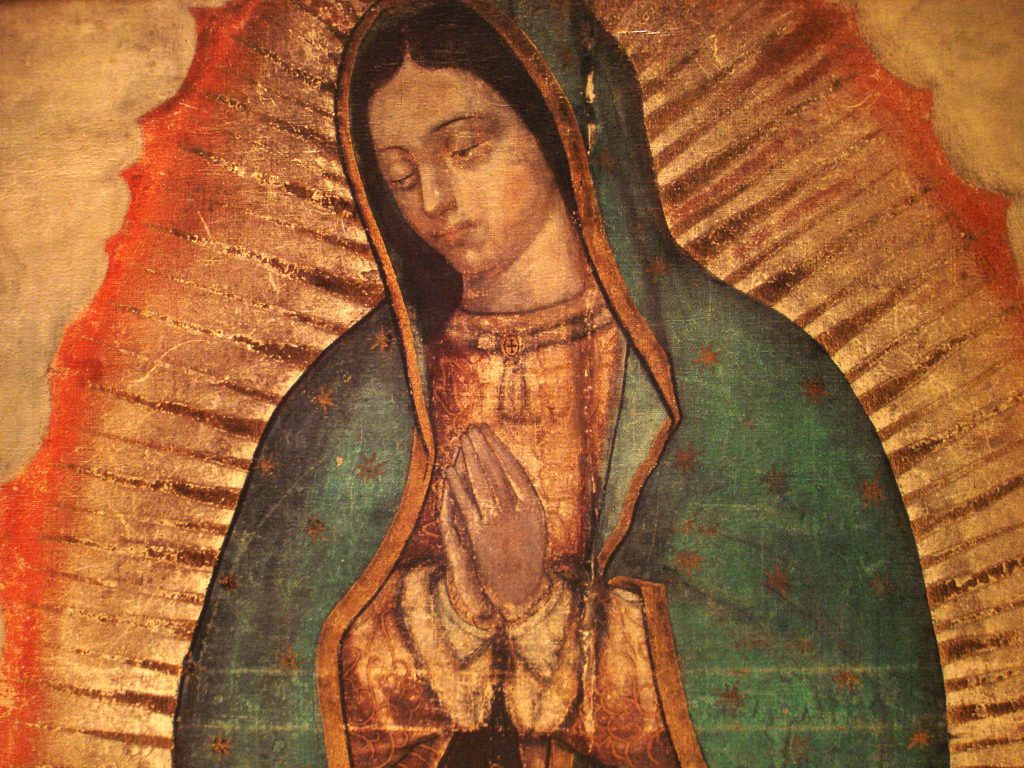
Wednesday, July 20
The days are hot…and empty.
Here, there’s nothing like the heat in Britain or parts of France, where temps are soaring above 100F. But it is supposed to be 90 degrees on Long Island this afternoon and in the 80s for the rest of the week.
Meanwhile, as befits such weather, there’s little to do other than get a haircut and go to a farm stand. Alarmingly, no tomatoes at the stand in Amagansett!
We’ve been watching a fascinating series of films by the Polish director Krzysztof Kieslowski, who died in 1996 but not before making some of the most heralded films ever. His 1994 Three Colors: Red (which features a late-career performance by Jean-Louis Trintignant) is at times puzzling but never less than engrossing. And viewers of Camera Buff (1979), one of Kieslowski’s earliest non-documentary offerings, will find themselves duplicating the main character’s predicament—they will be unable to turn away.
The shattering No End (1985) captures the depressed public mood of General Wojciech Jaruzelski’s martial-law era, during which the astounding, path-breaking Solidarność labor union seemed to have been tamed and become part of the establishment. At the film’s end, we watch as one of the primary characters gives in to despair and commits suicide.
I also hope to watch A Short Film About Killing (1988), which considers many forms of societal violence, and the much admired The Double Life of Veronique (1991), in which two characters (both played by the same actress, Irene Jacob) “share an emotional bond,” in the words of Criterion Channel.

What would we watch without Criterion? Most of the offerings on BritBox are either silly or dramatically flawed. Netflix, too, is largely junk; that said, we are occasionally tuning in to the suspenseful (but probably formulaic) Behind Her Eyes, in which several characters seem to have dark secrets but everyone lives in upper-middle-class splendor. We also subscribe to Mubi (very, very fringe independent features) and Topic (Euro TV, often very gory). But not to HBO—enough is, after all, enough.
Dinner: A small steak salad and pasta with basil pesto.

